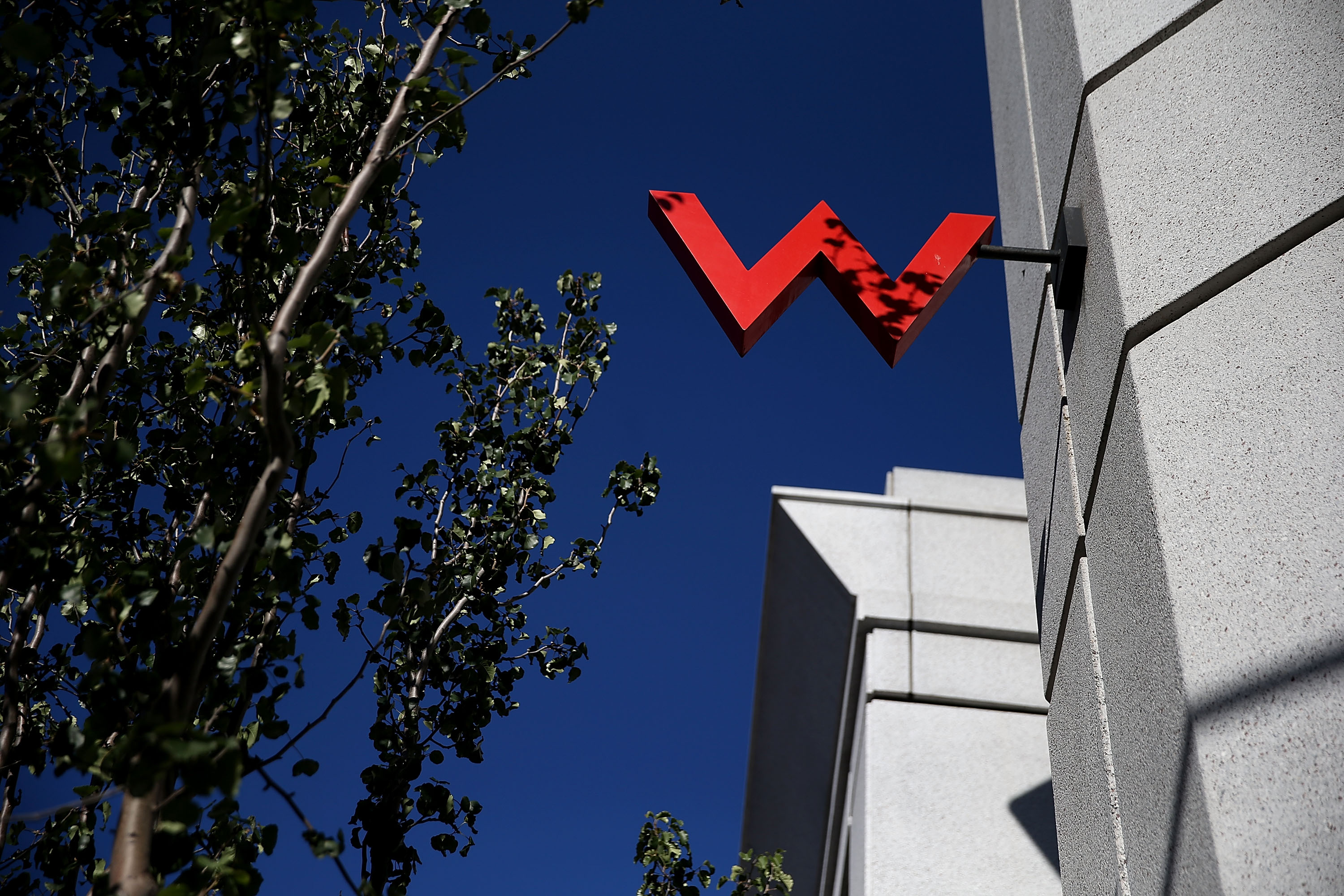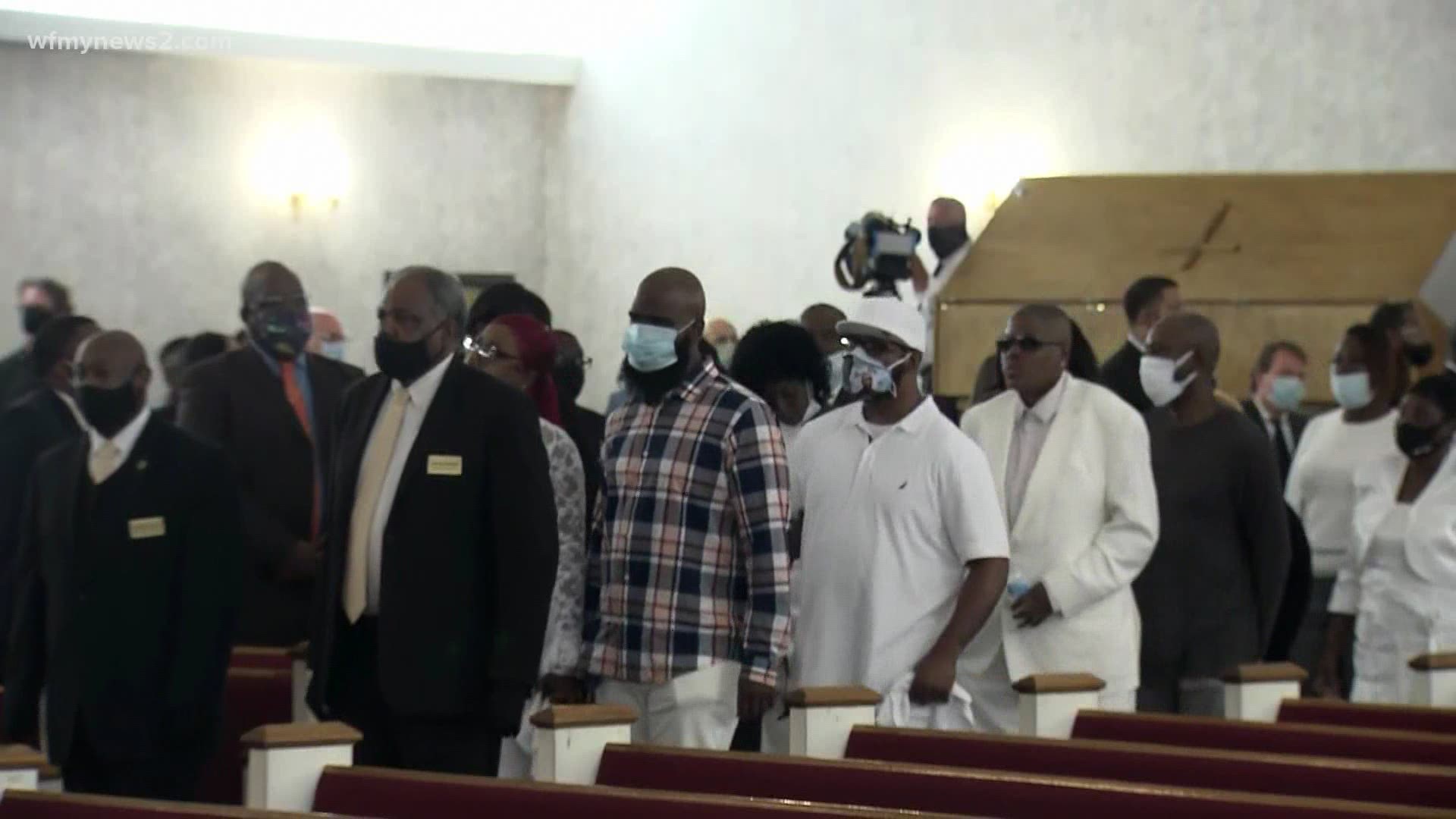The jockeying for Starwood Hotels & Resorts Worldwide continues.
A group of investors, led by Chinese insurer Anbang, has raised its offer to buy the hotel operator to about $13.9 billion — or $82.75 per share in cash — trumping a competing bid from Marriott International.
The revised, non-binding bid from Anbang, one of the largest insurance companies in China, “is reasonably likely to lead to a ‘superior proposal’" than the one pitched by Marriott, Starwood said.
Marriott fired back, saying that it is committed to completing its deal but it didn't raise its current offer.
"Starwood stockholders should give serious consideration to the question of whether the Anbang-led consortium will be able to close the proposed transaction, with a particular focus on the certainty of the consortium’s financing and the timing of any required regulatory approvals," Marriott said in a statement.
Shares of Starwood, whose brands include Westin, Sheraton and W Hotels, rose nearly 2% to close Monday ant $83.75. Marriott rose nearly 4% to $71.34.
“Marriott is a street fighter,” said Jim Butler, head of the global hospitality and Chinese investment groups with law firm Jeffer Mangels Butler & Mitchell. “They’re pointing out major unknowns about Chinese investors. China is behind this wall of opacity. Businesses love certainty. It’d be very surprising though if Anbang ... couldn't get the money to follow through on this."
Butler also doesn't anticipate regulatory issues with the Anbang deal given that Starwood's assets have little implication for national security. "This is not a plant making stealth bombers. It’s real estate," he said.
In November, Marriott, based in Bethesda, Md., agreed to acquire Starwood for $12.2 billion — $2 in cash and 0.92 of its own shares for each Starwood share — to create the world’s largest hotel company.
Starwood dropped Marriott’s bid on March 18 to opt for a $13 billion all-cash offer from Anbang, valued at about $78 per Starwood share. Determined to complete the acquisition, Marriott then raised its bid to about $79.53 per share — $21 in cash and 0.80 shares of Marriott Class A common stock for each Starwood share.
Starwood owes Marriott $450 million in cash if it backs out of its agreement with Marriott.
Anbang’s comeback was widely expected. It arrived Saturday with an offer of $81 per share in cash, prompting further negotiation through the weekend that resulted in the heightened offer, Starwood said. Anbang's consortium includes investment firms J.C. Flowers & Co. and Primavera Capital.
"The Starwood board, in consultation with its legal and financial advisers, will carefully consider the outcome of its discussions with the consortium in order to determine the course of action that is in the best interest of Starwood and its stockholders," Starwood said. "Starwood and the consortium are continuing to discuss non-price terms related to the consortium’s revised proposal and are working to finalize the other terms of a binding proposal."
Starwood, based in Stamford, Conn., plans to hold a stockholder meeting Monday to consider its deal with Marriott, "and immediately adjourn the meeting until April 8," Starwood said.
"Starwood’s board has not changed its recommendation in support of Starwood’s merger with Marriott," Starwood said.
With the Chinese travel market skyrocketing, Anbang's desire to expand its hospitality business is hardly a secret. In 2014, it bought the iconic Waldorf Astoria New York hotel for nearly $2 billion.
China produced 109 million outbound tourists in 2015 who spent about $229 billion, according to research firm GfK. Domestic travel in China is similarly growing leaps and bounds, prompting international hotel chains, including Starwood, to heavily focus on, and open more properties, in the country in recent years.
"How many cities in China with over 100,000 (in population). It's beyond our biggest imagination," Butler said. "In the last 10 years, they've gone through this awakening. They've begun to develop the middle class. They’re going to need good, bread-and-butter hotels. Why pay all that money to U.S. brands to put a name on top of the hotels?"

![GTY 497396924 A CGO FIN USA CA [image : 81967780]](http://www.gannett-cdn.com/-mm-/06f652dd16c926e76b32b6efbb0e253eb14dc92e/c=330-0-2670-2000/local/-/media/2016/03/18/USATODAY/USATODAY/635939002922982979-GTY-497396924.jpg)

